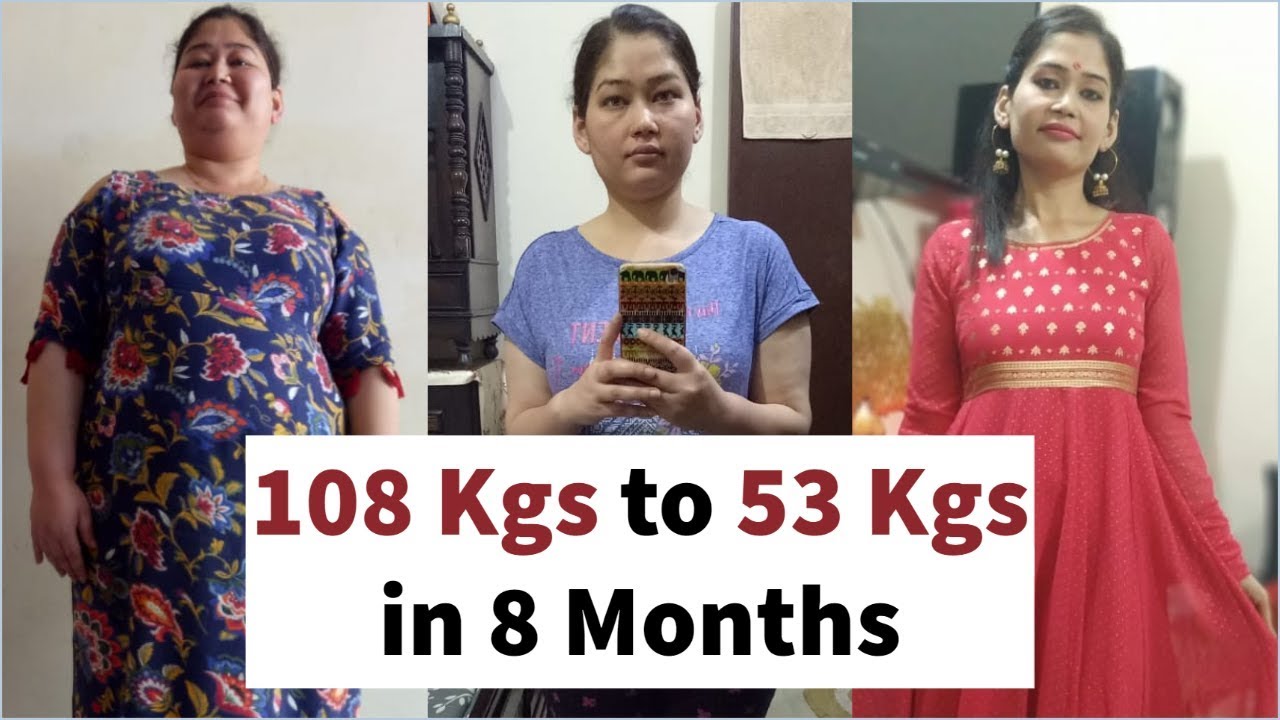Top Weight Loss Tips from Oxford-Certified Nutritionist Suman Agarwal: Achieve Fat Loss Without Intense Workouts
Weight loss isn’t just about spending hours in the gym; it’s a combination of smart nutrition, effective lifestyle changes, and consistency. Suman Agarwal, an Oxford-certified nutritionist, recently shared her science-backed fat loss strategies with Ranveer Allahbadia, shedding light on what truly works for sustainable weight loss.
Here’s a breakdown of Suman’s expert advice on how to achieve lasting fat loss—without resorting to extreme workouts or restrictive diets.

1. Eliminate Unhealthy Snacks and Alcohol
The first step to fat loss, according to Suman, is to eliminate unhealthy snacks and reduce alcohol intake. “Processed foods, desserts, fried snacks, and excess sugar can quickly add empty calories to your diet,” she explains. Instead, opt for home-cooked meals made with fresh, wholesome ingredients. Cutting out alcohol is equally important as it adds empty calories and hampers your metabolism. Suman emphasizes that small, smart changes like these can make a significant difference in your weight loss journey.
2. Eat Less, But Eat Smart
Another crucial fat loss strategy is mindful eating. Suman encourages people to be conscious of portion sizes and to avoid overeating, especially when dining out. To make fat loss sustainable, balance is key. All three main meals—breakfast, lunch, and dinner—should include a healthy mix of proteins, carbohydrates, fats, and fiber. This ensures that your body receives all the nutrients it needs while keeping your metabolism steady.
3. Don’t Over-Exercise
Many people believe that more exercise means faster weight loss, but Suman has a different take. She advises against over-exercising or pushing yourself too hard in the gym. “Intense workouts without proper nutrition can actually hinder your fat loss goals,” she warns. Over-exercising while cutting down on carbs and increasing protein can lead to muscle loss, which slows down fat metabolism. Balance is key—intensity without proper nutrition can be counterproductive.
4. Exercise Timing Matters
When it comes to exercise timing, Suman highlights the importance of working out at the right time for maximum fat burning. She specifically recommends morning workouts over afternoon or evening sessions, as the body’s ability to burn fat is at its peak in the morning. “Exercising after a heavy meal can interfere with your body’s natural fat-burning process,” she explains. Therefore, aim to work out in the early hours to optimize fat loss.

5. Pre-Workout Nutrition
To get the most out of your workouts, Suman advises having a light pre-workout meal—something that provides energy without slowing down fat loss. A handful of nuts or two dates is enough to fuel your body for cardio or strength training. She warns against having a protein-heavy breakfast if you’re working out late in the morning, as it could interfere with your fat-burning goals.
6. Avoid Heavy Meals Before Workouts
For those aiming to lose fat while maintaining muscle mass, Suman recommends not eating at least 30 minutes before exercising. A heavy meal right before a workout can disrupt the body’s natural ability to burn fat and can also lead to discomfort during exercise. So, if you want to get the most from your workout, opt for light, energy-boosting snacks and give your body time to digest before hitting the gym.
7. India’s Pre-Diabetic Reality: A Key Concern
Suman also brought attention to a serious issue that many Indians face: pre-diabetes. As the diabetes capital of the world, India has a large percentage of people struggling with blood sugar regulation. Suman emphasized that pre-diabetic conditions can complicate fat loss, so individuals need to be particularly mindful of their blood sugar levels. To combat this, she encourages balanced meals that prevent blood sugar spikes, as well as careful monitoring of diet.
8. Balance Your Macronutrients
A common mistake in dieting is cutting out carbohydrates in an attempt to lose fat. However, Suman advises against this. “Carbs, proteins, and fats all play an important role in your body’s function,” she explains. Cutting out one category entirely can cause nutrient deficiencies, which can actually slow down your progress. A balanced intake of macronutrients is essential for healthy fat reduction, allowing the body to function optimally.

9. Cardio: A Key Component in Fat Loss
While strength training helps maintain muscle, cardio is just as important for fat loss. Suman stresses the need for moderate-intensity cardio, particularly in the morning. “Cardio helps increase fat metabolism and supports long-term fat loss goals,” she shares. Activities like brisk walking, cycling, or light jogging can complement strength training and accelerate fat-burning.
10. Lifestyle Changes for Long-Term Fat Loss
Fat loss isn’t just about food and exercise; it’s about embracing a healthy lifestyle. Suman suggests adopting small but impactful changes, like improving hydration, managing stress, getting enough sleep, and sticking to a consistent workout and meal routine. These lifestyle changes support long-term weight loss and prevent the cycle of yo-yo dieting.
11. Consistency and Smart Nutrition Are the Real Hacks
The key to lasting fat loss isn’t in the latest fad diet or extreme workout—it’s in consistency and smart nutrition. Suman urges people to focus on a holistic approach to weight loss, which involves making mindful food choices, staying active, and implementing practical lifestyle changes. This multi-faceted strategy is what truly leads to sustainable fat loss.
However, before making any drastic changes to your diet or exercise plan, Suman reminds her audience to consult with a doctor or healthcare professional to ensure that these changes are safe and appropriate for their individual health needs.
Making Fat Loss Sustainable
In the pursuit of fat loss, it’s important to prioritize your health over quick fixes. Suman Agarwal’s tips highlight that true fat loss is not just about exercising or cutting calories; it’s about taking a thoughtful, balanced approach to eating, moving, and living. Her advice encourages a more sustainable, healthy lifestyle that promotes long-term weight loss and improved overall well-being.
FAQ
-
How important is diet in fat loss? Diet plays a crucial role in fat loss. It’s not just about restricting calories; it’s about consuming balanced, nutrient-dense meals and avoiding empty calories from processed foods and alcohol.
-
Can over-exercising hinder fat loss? Yes, over-exercising can actually lead to weight gain, especially when combined with poor nutrition. It’s essential to balance exercise with a proper diet to see real fat loss results.
-
What is the ideal time to exercise for fat loss? Exercising in the morning is ideal as the body’s fat-burning ability is at its peak. Avoid exercising after heavy meals to ensure optimal fat metabolism.
-
How should pre-workout nutrition be managed? A light pre-workout meal, like a handful of nuts or a couple of dates, provides sufficient energy without hindering fat loss.
-
What lifestyle changes are necessary for long-term fat loss? Consistency in hydration, stress management, and adequate sleep are key factors that support long-term fat loss and overall health.
By following Suman Agarwal’s proven tips, you can transform your approach to fat loss and adopt a healthier, more sustainable lifestyle.
Leave a Reply